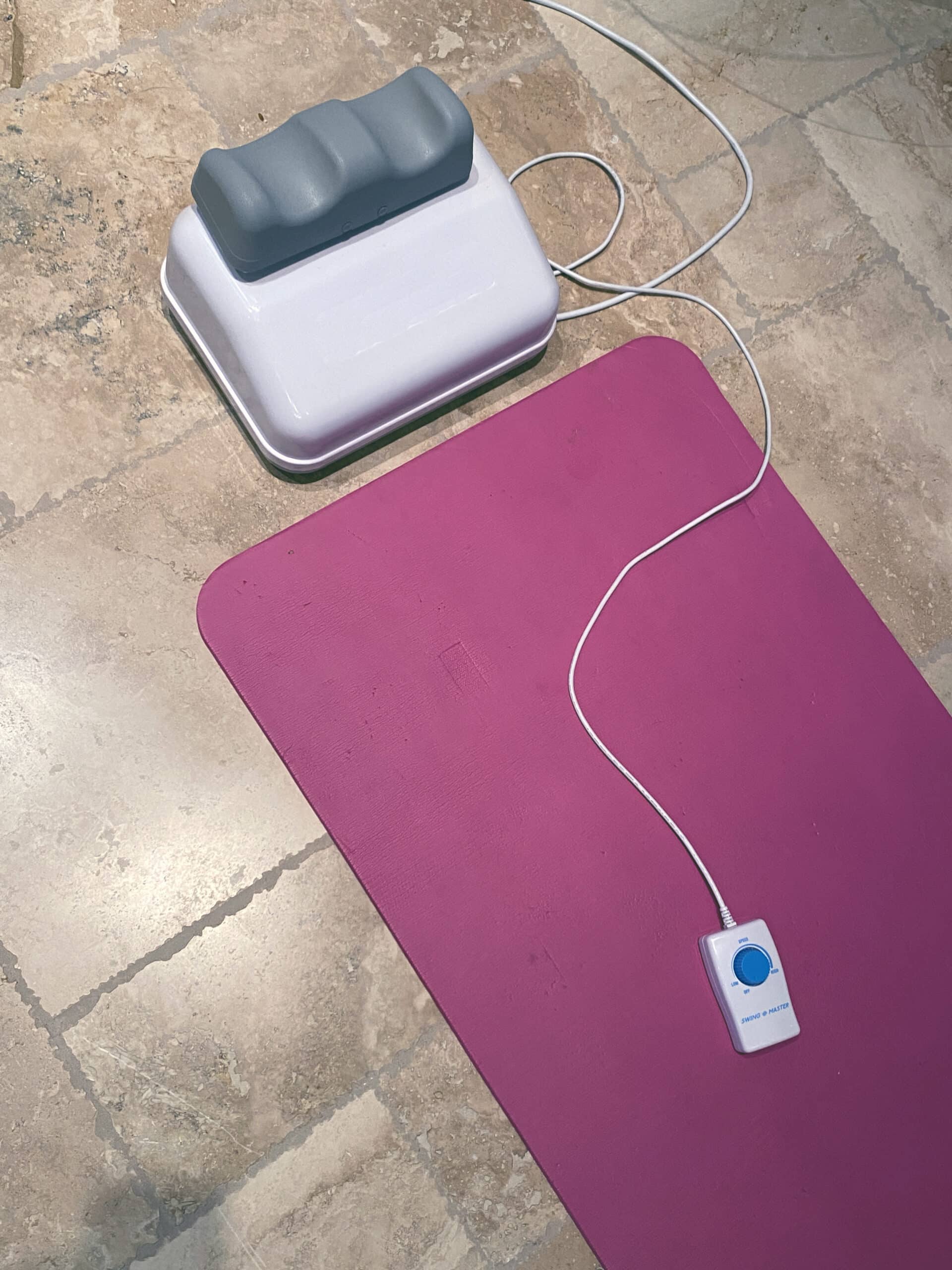Chronic Inflammatory Response Syndrome (CIRS) is a complex condition that can feel overwhelming for those living with it. Often triggered by environmental factors like mold, bacteria, or other toxins, CIRS affects many systems of the body, leaving individuals with a wide range of symptoms, from chronic fatigue and brain fog to joint pain and digestive issues. Navigating the world of healthcare as a CIRS patient can be particularly challenging due to the lack of widespread understanding of the condition and the variability of symptoms. As a result, it is crucial for CIRS patients to take an active role in their healing journey by questioning everything and conducting their own medical research.
In this blog post, we will explore why questioning everything and doing your own medical research is essential for CIRS patients, how to become your own health advocate, and how to approach this process with discernment and confidence.

Why Questioning Everything is Crucial for CIRS Patients
The Lack of Awareness About CIRS
CIRS is a relatively misunderstood and often misdiagnosed condition. Many healthcare providers are unfamiliar with the symptoms, triggers, and treatments for CIRS, which means that patients may not receive the proper care or even a correct diagnosis. This can lead to prolonged suffering and frustration. Because CIRS often shares symptoms with other conditions, such as chronic fatigue syndrome, fibromyalgia, and autoimmune disorders, it can take years for a correct diagnosis, or worse, a misdiagnosis could result in ineffective treatment plans.
By questioning everything and researching your symptoms, treatments, and options, you empower yourself to take control of your health. Understanding that many doctors and specialists might not have all the answers for a condition as nuanced as CIRS gives you the opportunity to ask the right questions and seek out the best care possible.
The Diversity of CIRS Symptoms and Treatment Plans
CIRS manifests differently in each individual, which is why a “one-size-fits-all” approach doesn’t work. What helps one patient may not help another. Many patients have to experiment with different treatments, lifestyle changes, and detoxification methods to find what works for them. This trial and error process can feel overwhelming without a strong foundation of knowledge.
When you question everything, you’re not just looking for answers—you’re learning to become a detective of your own health, honing the skills needed to evaluate potential treatments, therapies, and supplements. Researching helps you make informed decisions about what will work for your unique situation.
How to Start Doing Your Own Medical Research
Digging Into Reliable Sources
When you start researching CIRS or any related conditions, it’s important to focus on credible sources. Some excellent starting points for medical research include:
- Peer-reviewed journals: Websites like PubMed and Google Scholar are great resources for finding scientific research articles on CIRS and related conditions.
- Books by experts in the field: Many practitioners and experts have written books detailing their experiences and research with CIRS and mold toxicity. These can be valuable for learning different perspectives on treatment.
- Patient-focused resources: Websites such as Surviving Mold and the CHC and ETOC or forums online are full of personal stories, tips, and guidance from others who have been through similar struggles.
Avoid relying solely on anecdotal or unfounded information from non-professional sources, as this can lead to confusion or misinformation.
Collaborating with Healthcare Providers
While it’s essential to do your own research, it’s equally important to collaborate with healthcare providers who are open-minded, knowledgeable about CIRS, and willing to work with you. Often, patients with CIRS find that their doctors may not be familiar with the latest research or effective treatments. Being informed allows you to discuss potential treatment options with your doctor, ask questions about current protocols, and advocate for yourself during appointments.
However, remember that not every doctor will be receptive to the idea of mold illness or CIRS. If you find that your healthcare provider is dismissive of your research or experience, it may be worthwhile to seek out a specialist who is more attuned to the complexities of CIRS.
Seeking Out Other CIRS Patients and Support Groups
Finding support from others who are experiencing the same struggles can be incredibly empowering. CIRS support groups—whether online or in person—are a valuable source of information and encouragement. These groups can help you:
- Learn about new treatments or therapies that have helped others.
- Share experiences and find emotional support.
- Discover tips and tricks for managing symptoms or finding doctors who are knowledgeable about CIRS.
By connecting with others who have walked the same path, you can gain insight and wisdom that you might not have found elsewhere. However, be cautious and avoid following unverified advice without doing your own research first.
Becoming a Critical Thinker
When researching, always approach information with a healthy dose of skepticism and critical thinking. Not every source is credible, and not all treatments are effective for everyone. Ask yourself the following questions when evaluating potential information:
- Is the source credible? Make sure the information comes from a reputable source (e.g., universities, recognized medical institutions, professionals, or peer-reviewed journals).
- Is the advice practical and safe? Always consider your own unique situation, symptoms, and sensitivities. Just because something works for someone else doesn’t mean it will work for you, and some treatments may even be harmful.
Remember that while you want to be open to new ideas, it’s essential to approach anything you read with caution, especially when it comes to your health.
Benefits of Doing Your Own Research as a CIRS Patient
Empowerment and Control Over Your Health
One of the biggest benefits of doing your own research is the sense of empowerment it brings. CIRS is often a long and challenging journey, and being informed allows you to feel more in control of your own health. Rather than passively accepting what’s told to you, you can actively seek out solutions that resonate with you, your symptoms, and your experiences.
Identifying Effective Treatment Options
CIRS is complex, and the right treatment for one person may not work for someone else. By researching your condition, you can identify a range of therapies, lifestyle changes, or supplements that might benefit you. Whether it’s finding the best mold removal methods, detox protocols, or dietary changes, research helps you make informed decisions that align with your needs.
Building a Personalized Treatment Plan
The more you learn about CIRS, the more you can personalize your treatment plan. No two CIRS patients are the same, and being informed gives you the ability to create a treatment approach that fits your unique circumstances. This might involve working with a specialist to develop a tailored mold treatment plan, adjusting your diet, or using supplements to address specific symptoms.
Conclusion: Empowering Yourself for Recovery
Living with CIRS can be an isolating and frustrating experience, but by questioning everything and doing your own medical research, you take control of your health and recovery. The process of educating yourself allows you to be your own advocate, seek out the best treatments, and collaborate more effectively with healthcare providers.
While it’s important to rely on professional advice, knowing that you can make informed decisions based on reliable research gives you a sense of empowerment that’s invaluable when dealing with a complex condition like CIRS.
So, whether you’re just beginning your journey with CIRS or have been living with it for years, take the time to learn, explore, and question. Your health and well-being are worth the effort. By staying informed and proactive, you’re giving yourself the best possible chance to heal and thrive.






